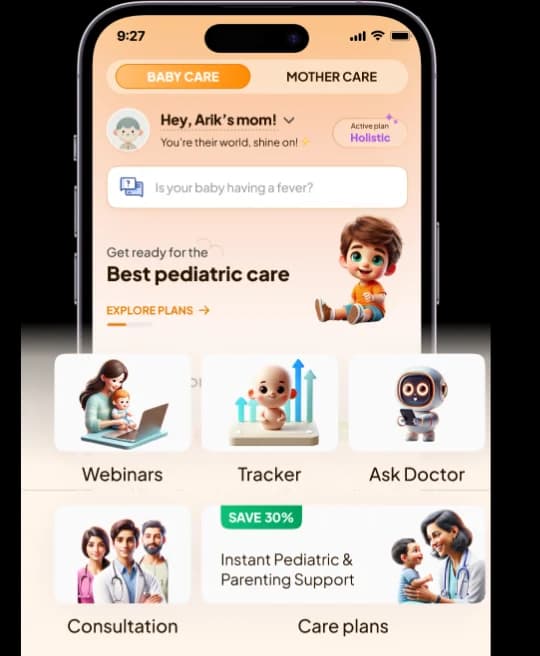
As a parent, ensuring the health and safety of your newborn is of utmost importance. One crucial way to protect your baby from life-threatening illnesses is through vaccines.
Parents often have questions and concerns about vaccines, and it's essential to address them to make informed decisions about their child's health. In this article, we'll provide answers to some common questions regarding children's vaccines.
Vaccines: Are They Safe?
Vaccinations are extremely safe. A vaccine-preventable disease is far more likely to harm your child than a vaccine. Before being approved for use by the general public, all vaccines undergo extensive safety testing, including clinical trials. Only vaccines that meet strict quality and safety standards will be registered and distributed by countries.
What are the mandatory vaccines for newborns in India?
Oral polio vaccine, typhoid, measles, mumps, pneumonia, smallpox, and diphtheria vaccines are all considered necessary for babies in India. Additional vaccines for cholera, rabies, yellow fever, and influenza may be required depending on your baby's health and external factors.
Why should I get my child vaccinated?
Vaccines help people live longer and healthier lives. Between 2000 and 2017, it is estimated that measles vaccines alone prevented over 21 million deaths.
Vaccines protect your child from diseases that can cause significant morbidity and mortality, especially in people with developing immune systems, like infants.
Vaccinating your child is extremely important. If not, diseases like measles, diphtheria, and polio, which were once completely eliminated in many countries, will arise.
Why Do Healthy Children Need Immunizations?
Vaccines are designed to keep healthy children healthy. Vaccines protect the body before disease attacks, so if you wait until your child becomes ill, the vaccine will be ineffective. When children are healthy, they respond best to immunizations.
